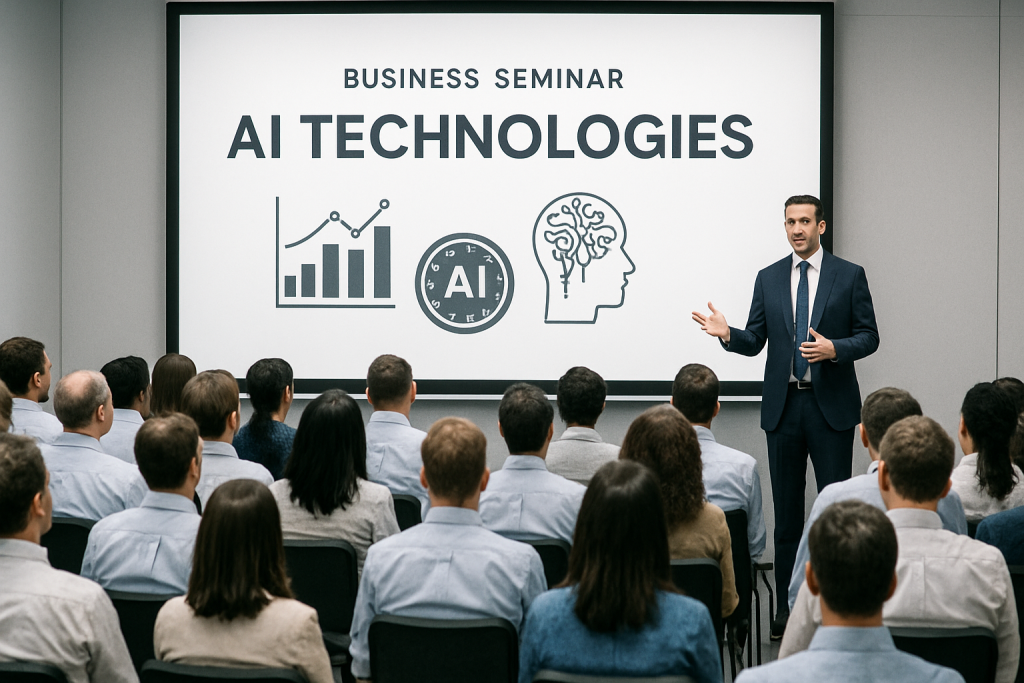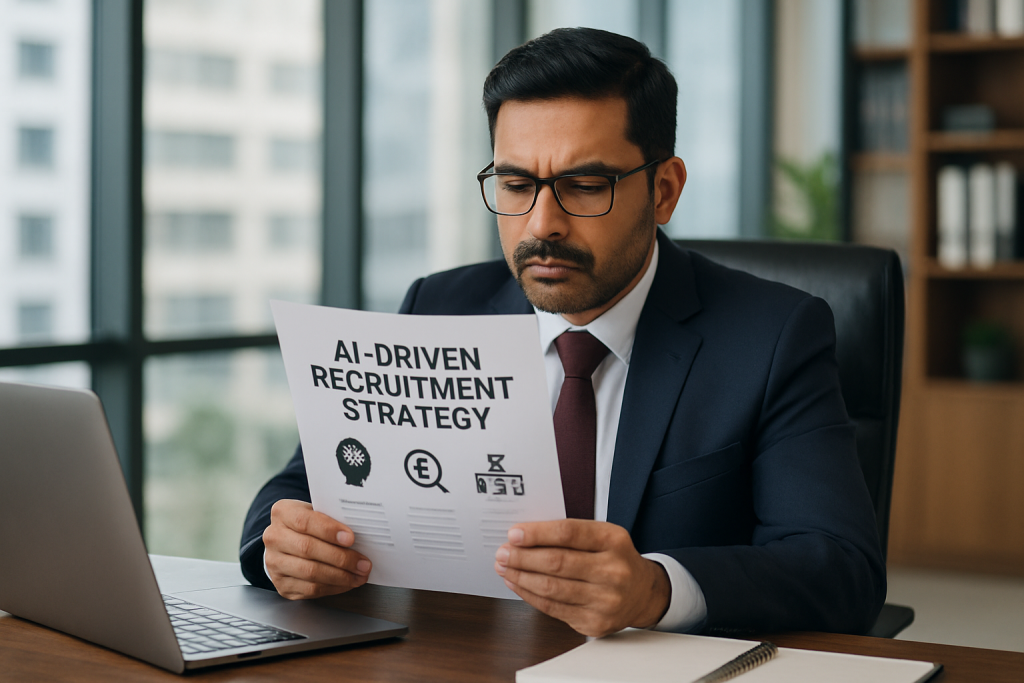Debenhams Group is making a bold strategic move with the launch of its £1.35 million AI Skills Academy, partnering with EdTech unicorn Multiverse to bridge critical AI skills gaps across its workforce. This initiative marks a pivotal shift in how traditional retail giants are preparing for the digital-first economy.
The academy, fully funded through Debenhams’ Apprenticeship Levy, will equip employees with practical AI expertise while maintaining their current roles. This structured approach ensures business continuity while building tomorrow’s competitive advantage. “Adopting AI is not just about investing in our systems – it’s about investing in our people,” stated Debenhams Group CEO Dan Finley.
Why This Investment Matters Now
The timing couldn’t be more strategic. As retail faces unprecedented pressure from digital transformation, Debenhams is positioning itself ahead of competitors who are still treating AI as optional. The company owns major fashion brands including PrettyLittleThing, boohoo, and Karen Millen, giving this workforce transformation massive scale and impact potential.
Participants will master AI tools that boost efficiency by automating repetitive tasks, freeing teams for strategic, value-driven work. More importantly, they’ll learn to design and deploy AI systems in-house, reducing costly reliance on external providers while accelerating digital transformation timelines.
Strategic Advantage Through Internal AI Capability
This academy represents more than training – it’s about building competitive moats. By developing internal AI competency, Debenhams can respond faster to market changes, customize solutions for specific business needs, and maintain control over sensitive operational data.
The initiative builds on recent tech investments, including multi-year collaborations with Amazon Web Services and Manchester-based AI firm Peak for enhanced pricing and promotional strategies. These partnerships create a comprehensive tech stack that positions Debenhams for sustained growth.
Broad Workforce Engagement Strategy
Debenhams is launching a comprehensive campaign featuring face-to-face training sessions led by Multiverse experts. This approach ensures deep understanding across all teams, not just tech-savvy employees. The inclusive design means every colleague gains access to tools needed for digital success.
“This is about unlocking the potential of every colleague to drive real innovation across the group,” emphasized Finley. This people-first approach differentiates Debenhams from competitors who focus solely on technology without considering human capital development.
Alignment With National AI Priorities
The initiative aligns perfectly with the UK government’s AI Opportunities Action Plan. Multiverse has committed to training 15,000 new AI apprentices over the next two years, making Debenhams part of a larger national effort to build AI literacy and economic competitiveness.
This government alignment provides additional credibility and potentially opens doors to future funding or policy support. For business leaders, this demonstrates how private sector AI investments can leverage public sector initiatives for maximum impact.
Global Implications for Retail Innovation
Debenhams is setting a precedent that could reshape how global retail approaches workforce development. As digital transformation accelerates worldwide, companies that invest in AI-skilled workforces will gain decisive advantages in customer service, operational efficiency, and innovation speed.
The retail industry faces intense competition from pure-digital players. Traditional retailers with AI-empowered workforces can combine physical presence with digital capabilities, creating unique value propositions that pure-play online retailers struggle to match.
Risks and Market Impact
While the investment shows strategic vision, execution risks remain. Employee adoption rates, training effectiveness, and actual productivity improvements will determine ROI. The £1.35 million commitment also represents significant opportunity cost that must deliver measurable returns.
However, the alternative – falling behind in AI adoption – poses far greater risks. Retail margins continue shrinking, customer expectations keep rising, and competitive pressure intensifies. Companies without AI-skilled workforces will struggle to remain relevant.
What Business Leaders Should Know
This move signals that AI skills development is becoming essential infrastructure, not optional enhancement. Leaders across industries should evaluate their own workforce AI readiness and consider similar investments before competitors gain insurmountable advantages.
The apprenticeship levy funding model also provides a roadmap for other UK companies to fund AI training without direct budget impact. This approach makes AI skills development financially accessible while building internal capabilities.
Debenhams is positioning itself not just as a fashion retailer, but as a digitally-native company that happens to sell fashion. This distinction will matter enormously as retail continues evolving toward AI-powered operations and customer experiences.
The academy represents more than training – it’s workforce transformation that could determine which retailers thrive in the next decade. By investing in people alongside technology, Debenhams is building sustainable competitive advantages that pure technology investments alone cannot deliver.
Would you bet on workforce AI training as the key differentiator in your industry? Share your view.


